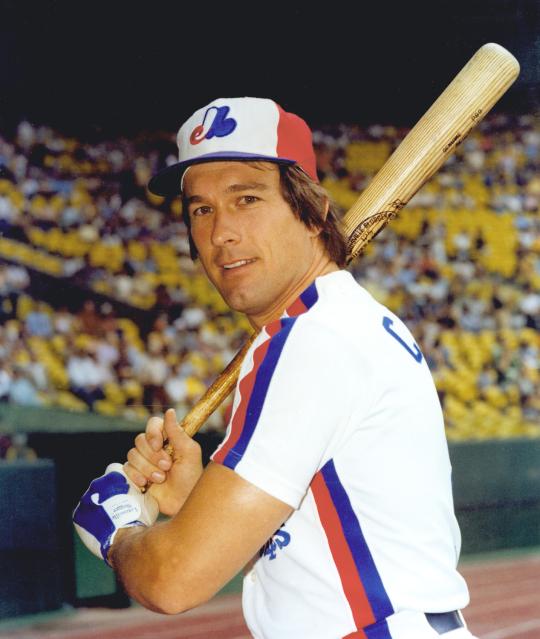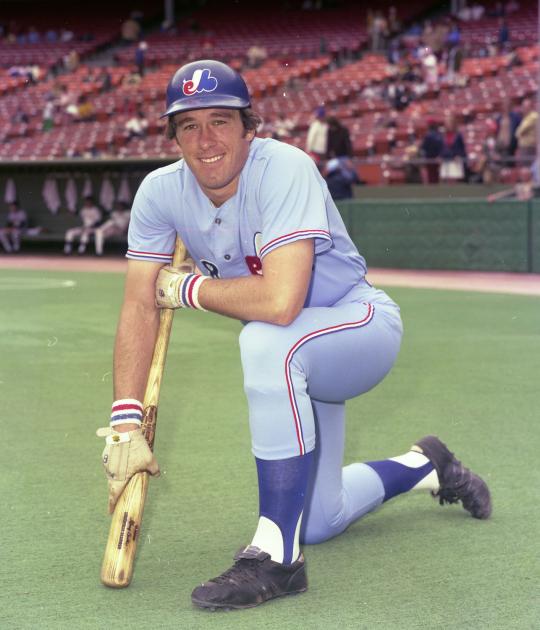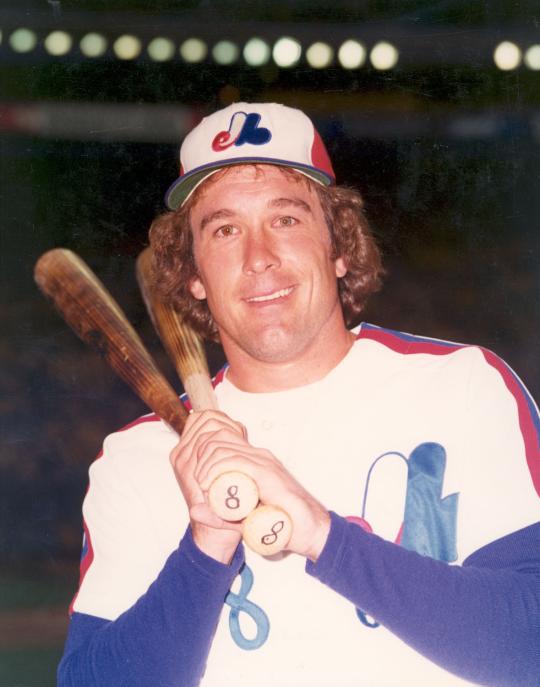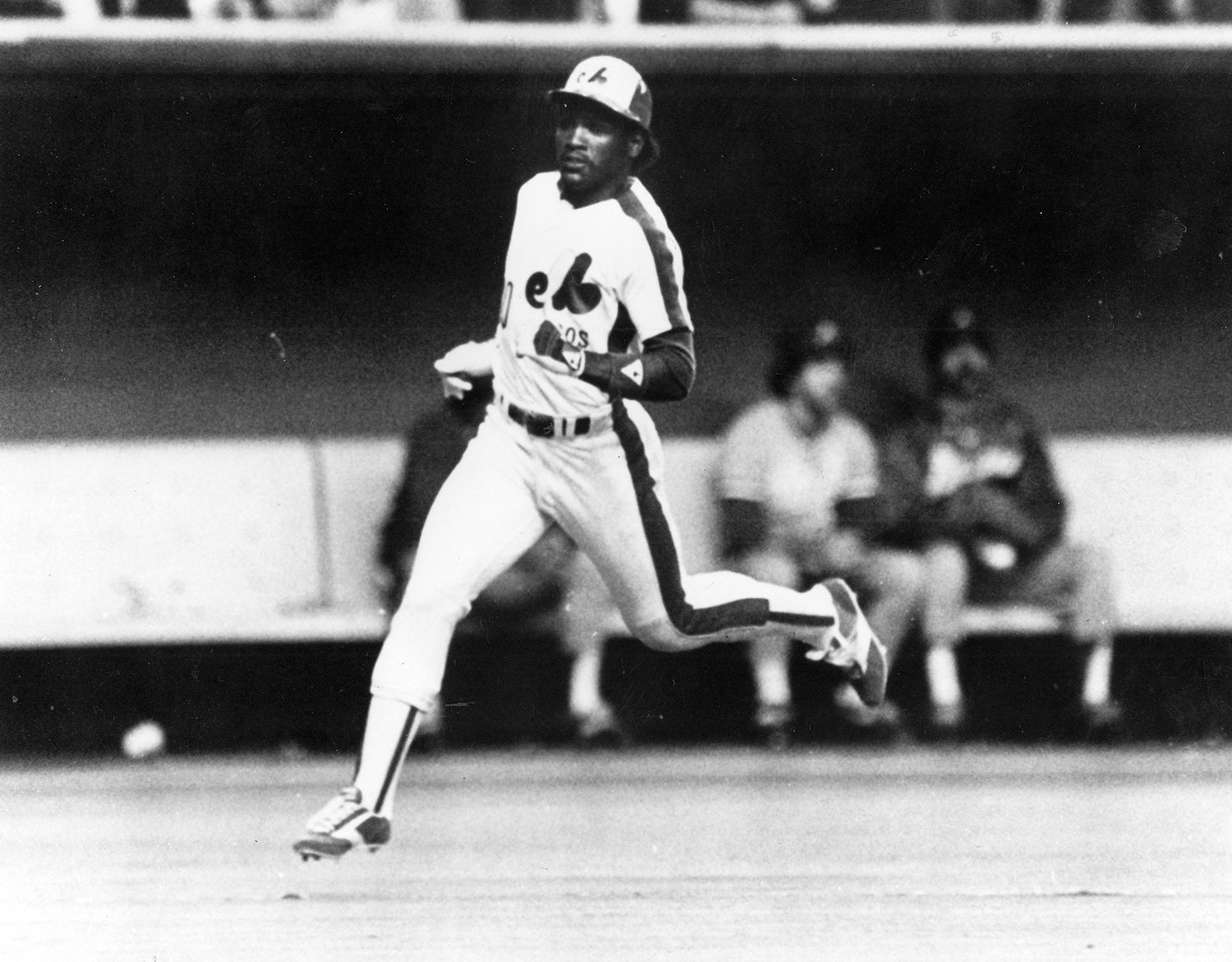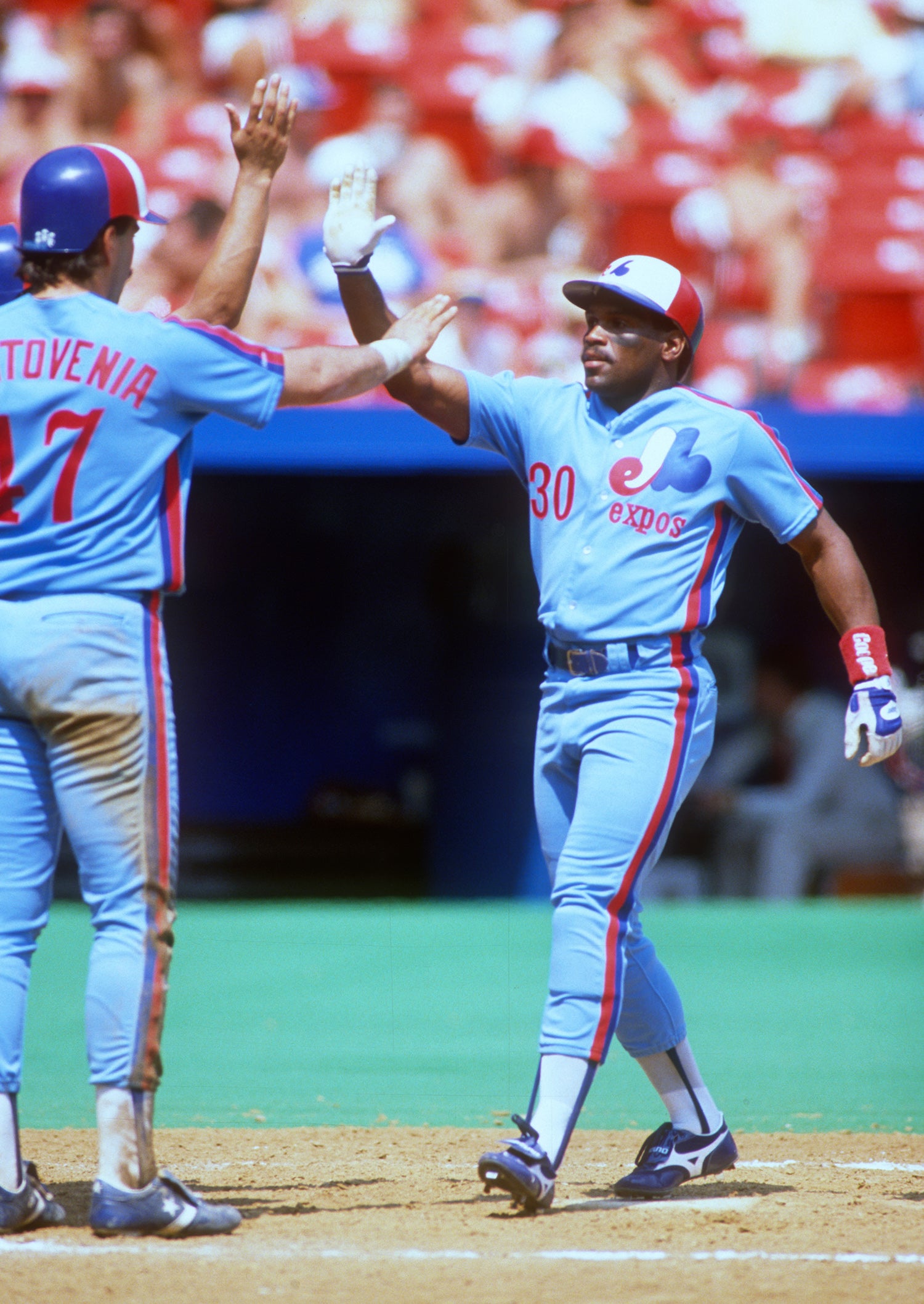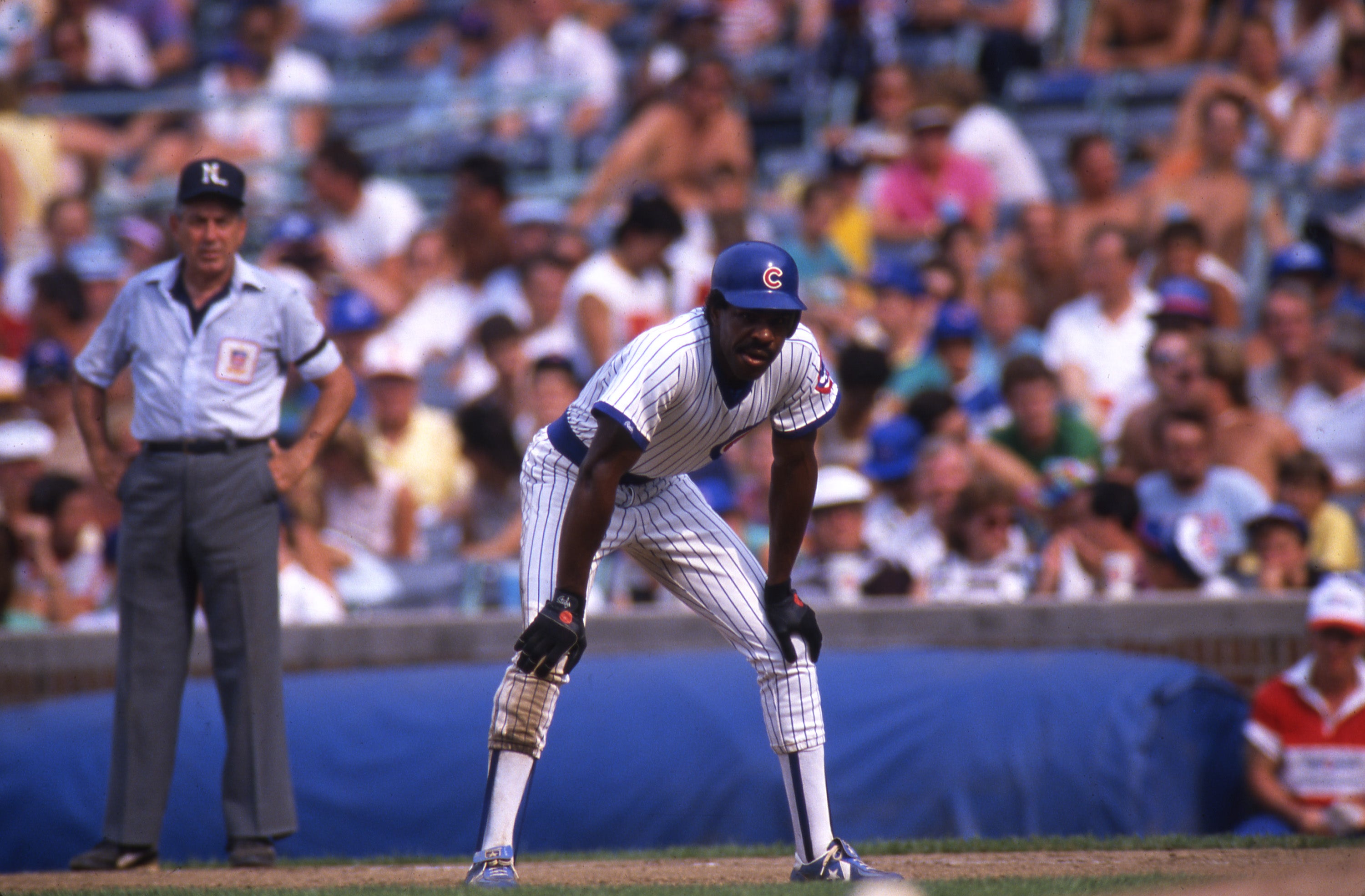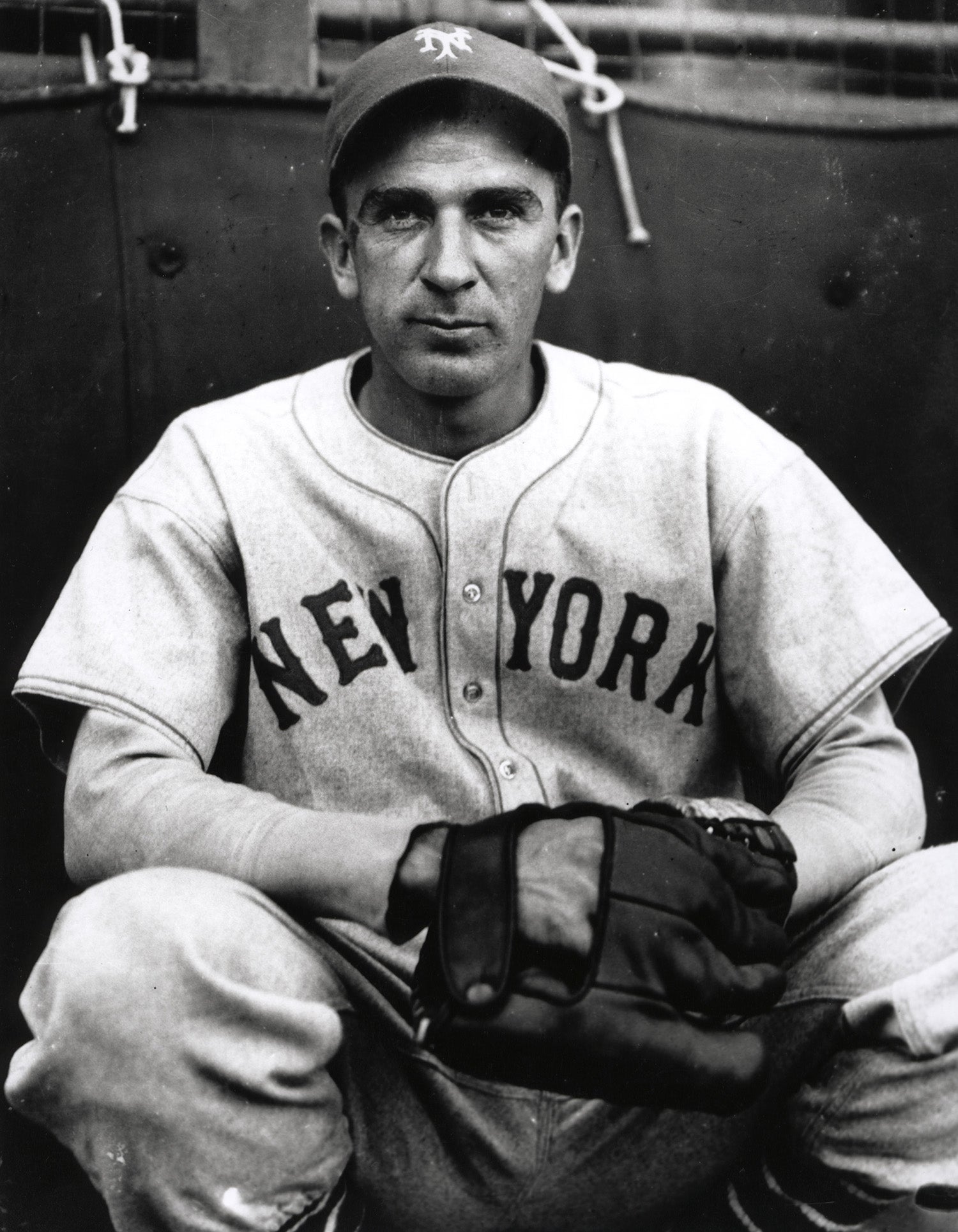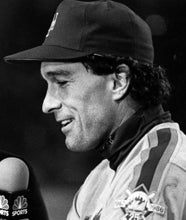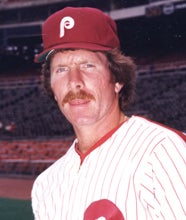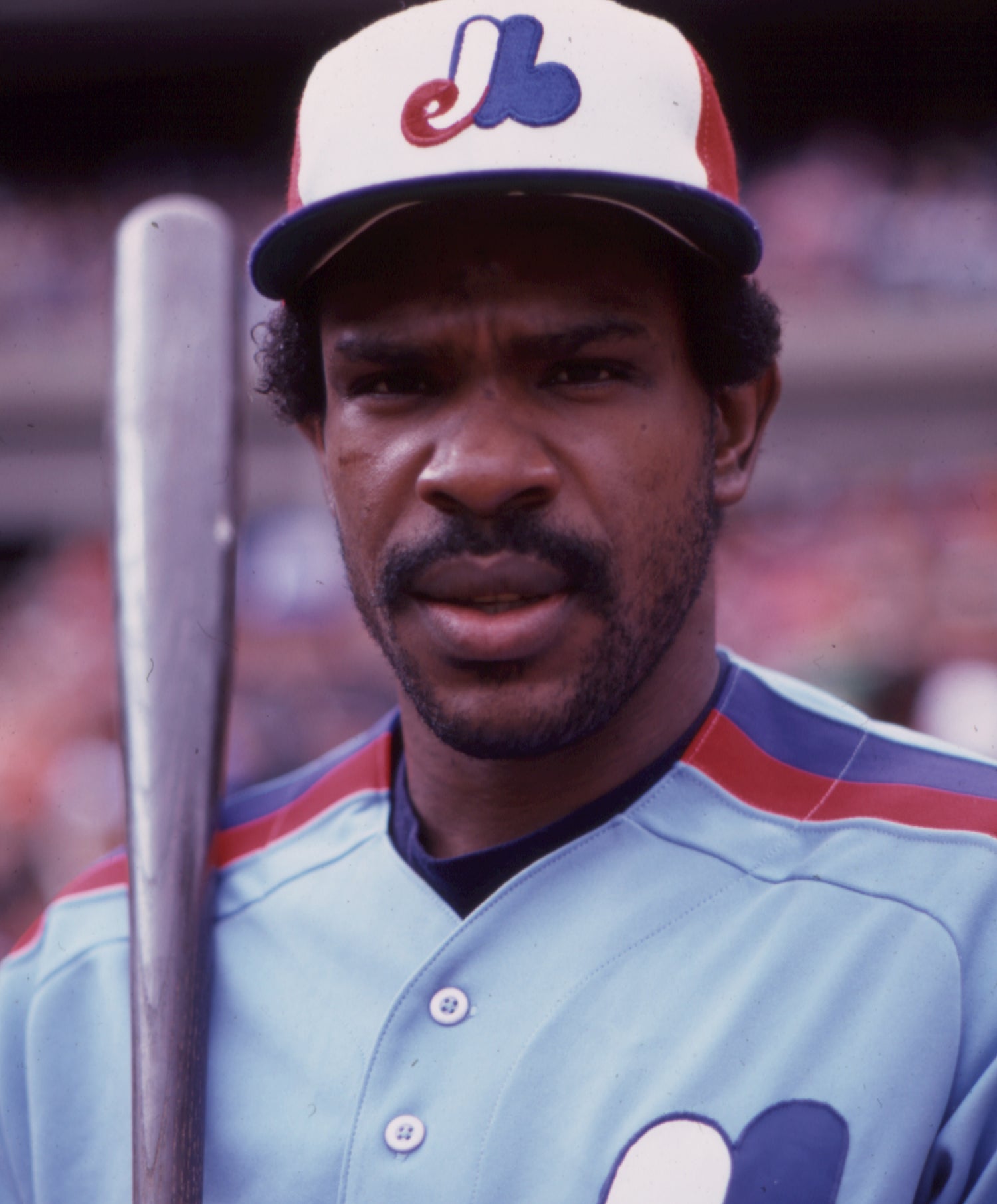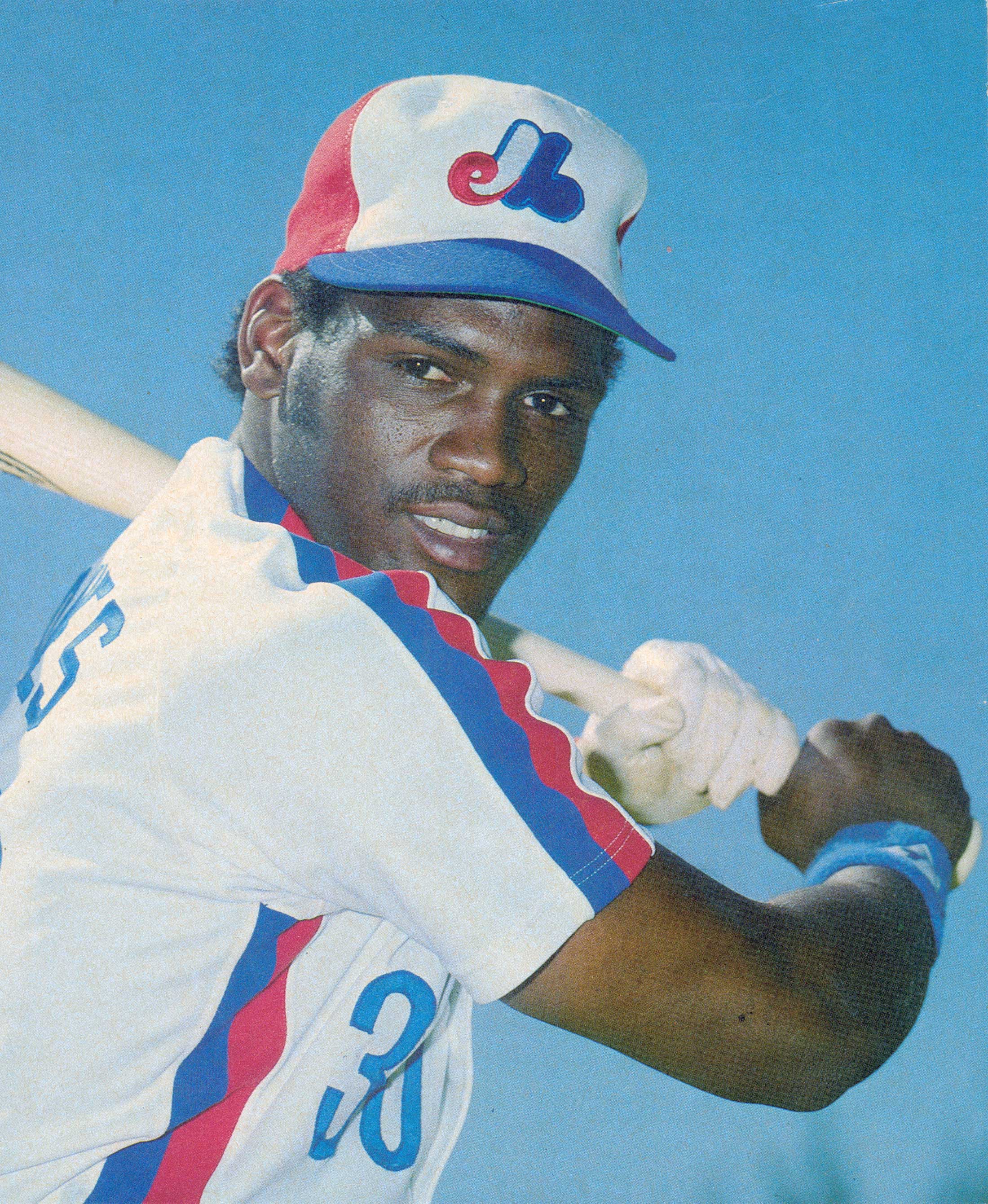- Home
- Our Stories
- Carter wins '81 ASG MVP
Carter wins '81 ASG MVP
With a smile seemingly always on his face, Gary Carter loved playing the game of baseball throughout his career.
So when Major League Baseball returned from strike with the All-Star Game on Aug. 9, 1981, Carter was one of the players who put smiles back on the fans’ faces.
“The Kid” launched two solo-home runs at Cleveland’s Municipal Stadium en route to earning game MVP honors as the National League won 5-4. His heroics signaled the return of baseball.
The AL took an early 1-0 lead via a Ken Singleton home run in the bottom of the second inning. On the first pitch in the bottom of the fifth, Carter launched a solo blast to left field off Ken Forsch to tie the game at 1. The NL took a 2-1 lead in the sixth, but the AL quickly took back the lead, scoring three runs in the bottom half of the inning to lead 4-2.
In the seventh, Carter led off again and deposited Ron Davis’ first offering to center field. The ball would bounce off the top of the wall and over for a home run. Mike Schmidt would hit a two-run home run in the top of the eighth to push the NL to their 10th-straight All-Star Game victory.
“The fact that nobody has swung the bat in the last 60 days and here’s this guy Carter who comes in cold and hits two ‘dingers’ like that, I’d have to say that makes him pretty amazing,” American League starting catcher Carlton Fisk told United Press International.
The Expos' 27-year-old backstop finished the game 2-for-3 with two homers, two RBI and two runs scored.
“It was a great thrill,” Carter told UPI. “I would never have imagined this to happen. I just hope to be a part of a few more NL squads.”
Carter was certainly given his wish as he would be named to seven more All-Star Games following his appearance in ‘81. The right-handed hitting catcher would slug his way to the 1984 ASG MVP honors with another solo-home run. An 11-time All-Star, Carter hit .300 with three home runs and five RBI in 20 at-bats in the Midsummer Classic.
Carter’s performance in the ’81 All-Star Game also helped fans focus on the game of baseball, not the strike.
“The fans were very receptive,” Carter said to UPI. “We had a huge crowd (72,086 fans in attendance). I’ve never played before an audience this big. I’d like to come back. Our fans in Montreal are really anxious for us to get back.”
The Expos returned to Montreal and resumed regular season play on Aug. 10, 1981 with MLB’s split-season format.
The first-place team in each division from the first half and the second half would move on to the eight-team playoffs. The Expos finished third in the NL East in the first half, but had a chance at the division title in the second half.
In the second half, Carter tallied 13 doubles, nine home runs and 38 RBI. He would go on to win an NL Gold Glove and Silver Slugger Award and finished sixth in the NL MVP balloting.
Led by Carter, Andre Dawson and Tim Raines, the Expos achieved a playoff berth for the first time in franchise history, going 30-23 in the second half to beat the Cardinals by a half game. They defeated the Philadelphia Phillies three-games-to-two in the first-ever NLDS before falling to the Dodgers in the NLCS in five games. Carter made the most of the postseason, hitting .429 with four doubles, two homers and six RBI between the two series.
In 12 seasons with the Expos, Carter hit .269 with 220 home runs, 823 RBI and 1,427 hits. He retired following the 1992 season with 324 home runs. In 19 big league seasons, Carter won three NL Gold Gloves and five NL Silver Sluggers. He was traded to the Mets following the 1984 season and helped New York win the 1986 World Series.
In 2003, Carter was elected to the Hall of Fame by the Baseball Writers’ Association of America. He passed away on Feb. 16, 2012.
Steven Walters was a public relations intern in the Hall of Fame’s Frank and Peggy Steele Internship Program for Youth Leadership Development

